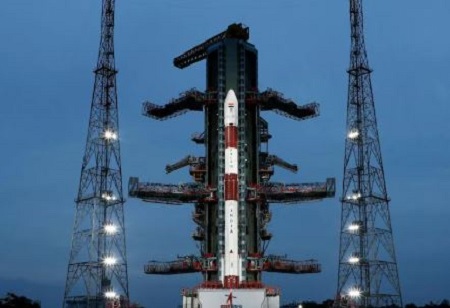
Startups in India's nascent private space industry are collaborating in droves to exchange expertise, pool resources, and reduce risks in the rapidly changing space economy. With more than 350 space startups currently active in the nation, industry participants are shifting from solo endeavors to group collaborations that improve creativity and performance.
Reports indicate that this joint strategy comes as India's space economy is expected to grow from $9 billion today to $44 billion by 2033 due to satellite launches, data services, and new applicable commercial developments, among other factors.
Startups are increasingly accepting the fact that working in harmony will lower costs and duplicated efforts, as well as speed up the development of indigenously developed technologies.
The companies' position on government funding is an important point of interest. Companies have chosen to invest their own funds even though the state is offering up to ₹350 crore in assistance. This choice is in line with India's larger drive for private sector involvement under the space reforms framework, but it also shows their increasing maturity and confidence in running on a self-sustained model.
Also Read: Infineon Boosts India’s Startup Ecosystem with DPIIT MoU
The timing of this shift is also relevant, as international collaboration is on the rise too. By coming together domestically, Indian startups want to improve their competitiveness globally and be important players in a rapidly expanding small-satellite launches and space-tech services sector. People in the industry estimate that collaboration will help Indian startups find technological solutions to their risks, develop scaleable models, and find new opportunities within space manufacturing and navigation and earth observation. These relationships mark a small but essential step to making India a global capital for commercial space innovation.
We use cookies to ensure you get the best experience on our website. Read more...